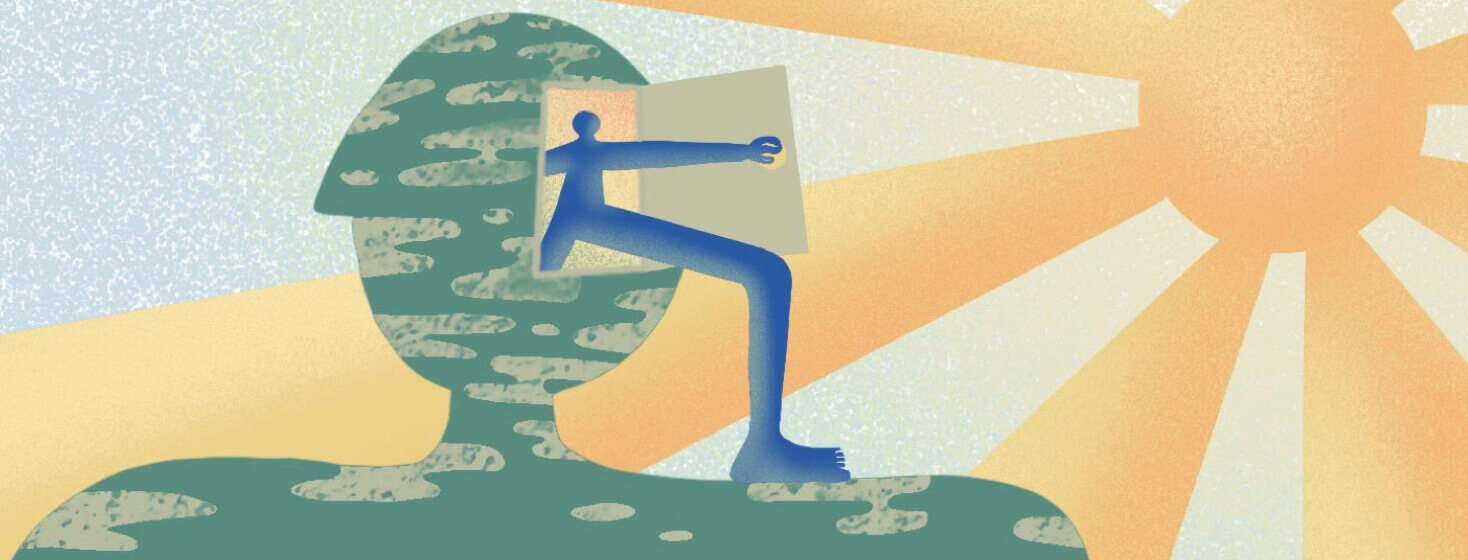How I Combat Brain Fog: Part 2
This article is the second installment of a 2-part series. Read Part 1 here!
Brain fog is a major symptom of narcolepsy.
It makes it difficult for me to focus on things I need to do. It can also keep me from doing the things that I love.
Here are some additional tips for living with brain fog:
1. Schedule important tasks during wakeful hours
I am the most awake in the morning. I use my wakeful hours to do the things I need brainpower for. Some of these might include writing, driving, reading, or other important tasks.
This even includes scheduling appointments for doctors or therapists. If I am not able to think properly during an appointment with a doctor, it makes it very difficult to get the treatment I need.
Featured Forum
View all responses2. Notes, notes, and more notes
When it comes to brain fog, my memory is affected a lot.
After my narcolepsy onset, it became difficult to remember the simplest things. In order to make sure I stay on track with life, I make a lot of to-do lists. I also keep Post-it notes around the house with various tasks on them. After I complete a task, I throw the Post-it note away. I also have a whiteboard that I use to take notes, remind me of important tasks coming up, and for a revolving to-do list where I can keep erasing each task as they get completed and add more tasks as space frees up.
I also started journaling once a month, covering my goals and tasks for each month. At the end of each month I start a new to-do list and bring old tasks that haven’t been completed to the new month’s list. This helps me to remember long-term goals and other miscellaneous goals and tasks I need to complete. It also gives me a sense of accomplishment to cross off tasks when I complete them, and it helps me see how far I’ve come in a span of time.
3. Get outside
I find the best way to wake my brain up is by taking a walk outside on a sunny day. Exposure to natural light can help wake my brain up.
The combination of light therapy with mild exercise is a good way to help clear a brain fog episode, as long as I am not overly tired from a busy day or week.
4. Take a nap
In the case of lack of sleep or an especially busy week, napping may prove to be more useful in reducing brain fog symptoms.
5. Caffeine or other stimulants
I tend to limit my caffeine intake. However, on days where I really need a clear head (for example, when I drive) I will use caffeine to wake me up more.
I have to be careful because caffeine also messes with my sleep schedule. I tend to get worse sleep when I consume caffeine, and it makes me very anxious. All of these side effects worsen if I overuse caffeine or other stimulants.
6. Stay hydrated and feed yourself
Narcolepsy is a chronic illness, which means that it is something I will have to deal with the rest of my life. By eating nutritious meals and drinking enough water, I can give my stressed body just that small amount of relief.
This can work wonders in clearing up brain fog (although I have to be careful with what I eat... Some foods put me to sleep!).
Do you have your own tips for managing brain fog with narcolepsy? Share with us in the comments below!

Join the conversation